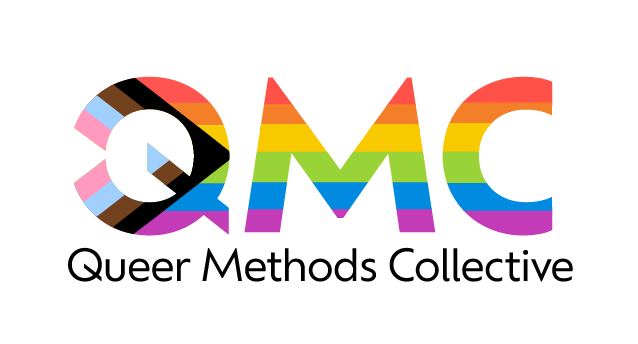Spotlight on Sandra Villacorta, MS: Exploring LGBTQIA+ Latinx Identities within Machismo and Marianismo Culture
At QMC, we celebrate researchers who amplify the voices of underrepresented communities and bring critical cultural issues into mental health conversations. This week, we’re excited to highlight Sandra Villacorta, MS a first-generation, queer Latine clinician with Salvadoran roots, who is deeply committed to destigmatizing mental health within underserved communities. Sandra’s research, titled “Exploring the Intersection of LGBTQIA+ Latinx Individuals within Machismo and Marianismo Culture,” was recently presented at the NLPA conference, where they shared insights from a groundbreaking study that examines how traditional gender roles shape the lives of Latinx LGBTQIA+ individuals.
Sandra’s research sheds light on how the cultural expectations of machismo and marianismo impact Latinx LGBTQIA+ individuals in profound ways. Within many Latine communities, these traditional gender roles create a unique set of challenges, especially for those who identify as queer. For many, LGBTQIA+ identities are still taboo subjects, making it difficult to discuss critical issues like mental health, substance use, physical health concerns, and heightened risk factors like suicidality. Sandra’s work encourages clinicians to embrace culturally sensitive approaches, equipping them to support these communities more effectively and collaboratively.
Through this study, Sandra conducted in-depth, semi-structured interviews with participants who identified as LGBTQIA+ and Latinx. An Interpretative Phenomenological Analysis revealed five primary themes: negative experiences with machismo and marianismo, LGBTQ+ stigma, the necessity of support systems, identity exploration, and the urgent need for culturally competent resources. Sandra’s research, which draws from feminist and liberation psychology frameworks, challenges the field to integrate empowering and culturally nuanced approaches that reflect the lived realities of queer Latine individuals.
One of Sandra’s driving motivations is to create spaces where queer BIPOC individuals and their families can challenge harmful structures like homophobia, transphobia, and racism. For Sandra, this is both a personal and professional mission—her experiences as a queer, first-generation Latine person inform her research and therapeutic approach. Sandra’s study not only explores the pain of navigating intersecting identities within restrictive gender norms but also captures stories of resilience, allyship, and the transformative power of acceptance within Latine families. Her work serves as a testament to the possibility of change and the importance of cultivating spaces for life-affirming conversations within families and communities.
As Sandra continues her journey in clinical psychology, she aims to create support networks for queer BIPOC individuals, build culturally competent mental health programs, and engage community members as stakeholders in their own care. Sandra’s work is a call to action for mental health practitioners to approach Latine and LGBTQIA+ clients not as a monolith but as individuals with unique cultural and personal experiences.
Sandra’s research exemplifies the vital role that culturally informed, inclusive mental health care plays in empowering individuals to explore their identities fully. Her work paves the way for a mental health landscape that celebrates and supports diverse Latinx and queer identities.
Perteneces aquí, tu historia merece ser escuchada. ("You belong here; your story deserves to be heard.")
